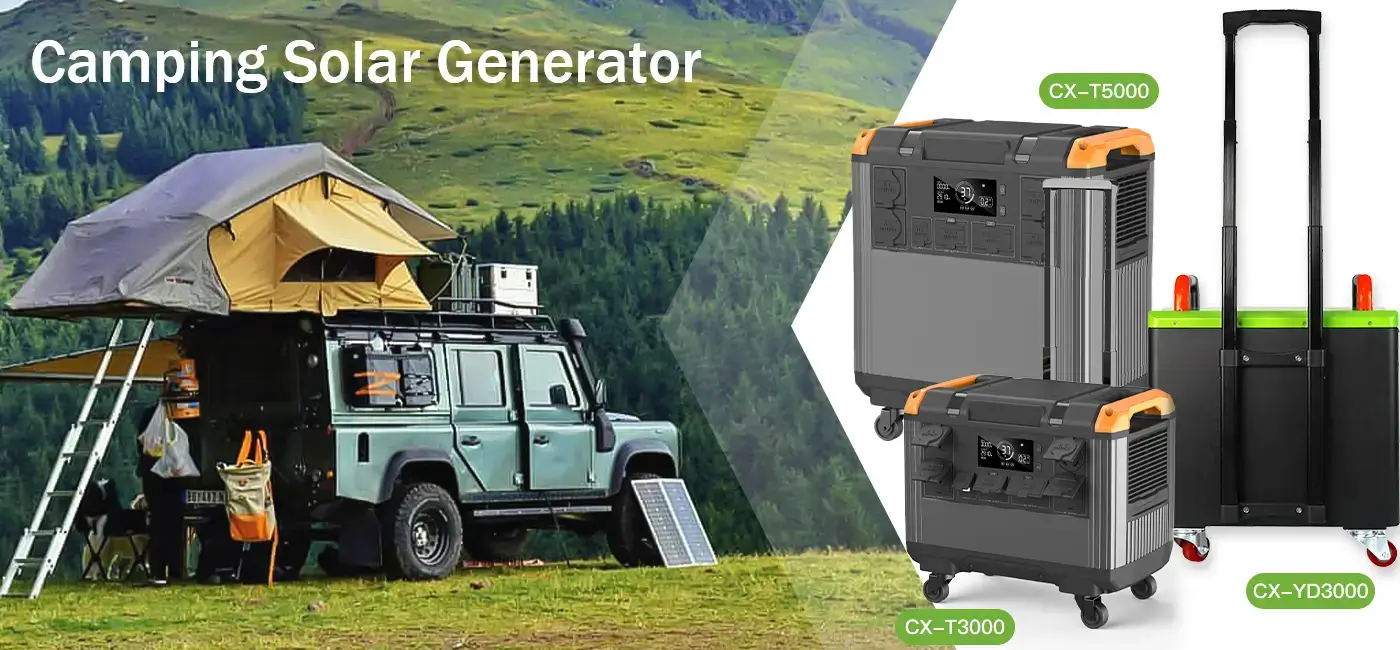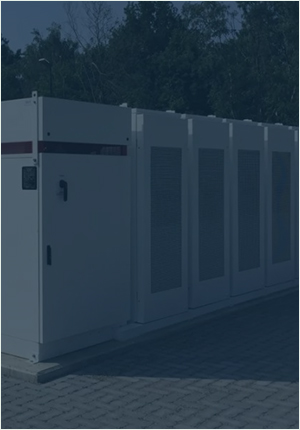2024-11-12 Author : CXJPowers
Investing in a solar generator for house is an excellent way to harness renewable energy while ensuring your home remains powered during outages. With increasing energy costs and frequent power disruptions, many homeowners are turning to solar generators as a reliable and eco-friendly solution. These systems not only reduce reliance on traditional power sources but also contribute to a sustainable future.
A solar generator for your house typically consists of solar panels, a battery storage system, an inverter, and a charge controller. The solar panels capture sunlight and convert it into electricity, which is stored in batteries for later use. The inverter then transforms this stored direct current (DC) into alternating current (AC), making it suitable for powering household appliances.
Energy Independence: By generating your own electricity, you can significantly decrease or eliminate your dependence on the grid.
Cost Savings: Although the initial investment can be substantial, solar generators can lead to long-term savings on electricity bills.
Eco-Friendly: Solar energy is clean and renewable, reducing your carbon footprint and contributing to environmental conservation.
Quiet Operation: Unlike traditional gas generators, solar generators operate silently, making them ideal for residential use.
To determine the appropriate size of a solar generator for your house, you must assess your household's energy consumption. Start by calculating the total wattage required for all appliances you plan to run simultaneously. For example:
Refrigerator: 150-800 watts
Television: 50-400 watts
Lights: 10-100 watts per bulb
Once you have this information, consider purchasing a generator with a capacity that exceeds your calculated needs to ensure reliability during peak usage.
Peak Sunlight Hours: The efficiency of solar panels varies based on location and weather conditions. Areas with more sunlight will yield better results.
Battery Storage: Ensure that the battery capacity is sufficient to store energy for use during cloudy days or at night.
Portability vs. Stationary Systems: Decide whether you need a portable generator for outdoor activities or a stationary system designed for home use.
When considering options for solar generators for home storage, there are several categories and models to explore, each catering to different energy needs and preferences.
Capacity: About 500Wh
Weight: Lightweight and portable
Use Case: Ideal for powering small electronics and lights for a few hours; not suitable for larger appliances.
Example: CXJPowers 500W/600W power station is lightweight, has a small-capacity lithium iron phosphate battery, supports multiple output and input methods and wireless charging, and is suitable for emergency battery life of small household appliances.
Capacity: Between 1000Wh and 2000Wh
Weight: 30 to 75 lbs
Use Case: Versatile for both home backup and portable power solutions. Can power essential items like lights and fans.
Example: CXJPowers 2016Wh portable LiFePO4 camping generator CX-T2400. It can be expanded for parallel use. Support charging of new energy vehicles.
Capacity: Minimum of 2000Wh
Weight: Heavier, often around 120 lbs or more
Use Case: Designed to power an entire home during outages or extended off-grid living.
Examples:
CXJPowers CX-T3000 pull rod camping power supply. Multiple output modes. It can be expanded for parallel use. Support charging of new energy vehicles. A full charge only takes about 2.5 hours.
CXJPowers CX-T5000 built-in 5376Wh high-capacity LiFePO4 battery. Equipped with a pull rod and wheels, it is perfect for camping, tailgating or emergency use, etc.
CXJPowers CX-YD3000 outdoor portable power station with telescopic pull rod and mute wheels. Pure sine wave AC110V/220V optional voltage.

Capacity: Varies widely, generally lower than medium generators
Use Case: Excellent for camping or temporary power needs; typically includes multiple outlet types.
Features: Lightweight with built-in handles or wheels for easy transport.
Capacity: Varies; designed for permanent installation
Use Case: Automatically switches from grid power to solar during outages, providing seamless power.
Installation: Requires professional setup and connects directly to the home’s electrical system.
When selecting a solar generator, the type of battery used is crucial for effective energy storage:
Lithium-ion Batteries: Offer high energy density and longer lifespan but can be more expensive.
Lead-acid Batteries: More cost-effective but require maintenance and have a shorter lifespan.
Nickel-Cadmium Batteries: Known for their durability in extreme temperatures but are less common in residential applications.
Choosing the right solar generator for home storage is essential for achieving energy independence and sustainability. This decision should be based on your specific energy needs, budget, and whether you prefer a portable or permanent solution. Options range from small portable units to large systems capable of powering an entire house. By evaluating your energy consumption and considering future expansion, you can select a solar generator that is both reliable and sustainable. Equipping your home with a solar generator is not just an investment in energy independence; it's also a step toward a more sustainable lifestyle. With proper planning and consideration of your energy needs, you can choose a solar generator that meets your requirements and positively impacts both your finances and the environment. Embrace the future of energy by exploring options that fit your home's needs!
-------------------
Welcome to customize the solar battery for your house. Contact us now!
CXJPowers provides one-stop customized portable power supplies, LiFePO4/ternary lithium battery packs, emergency energy storage solutions, and supports OEM&ODM services.



